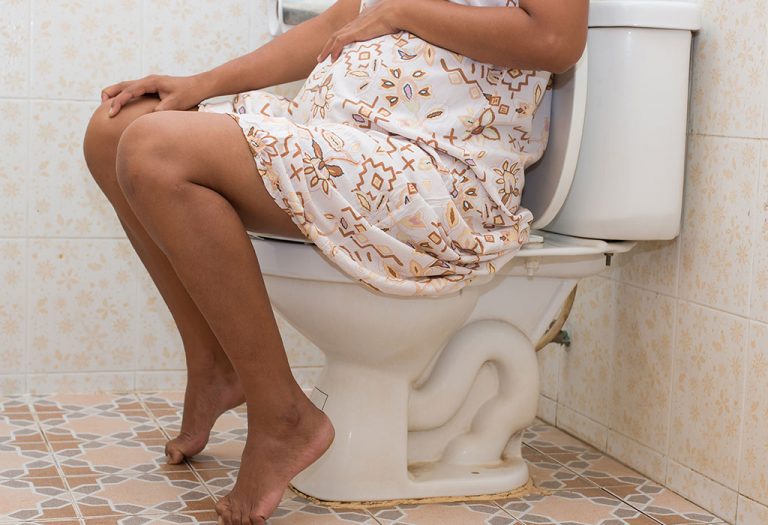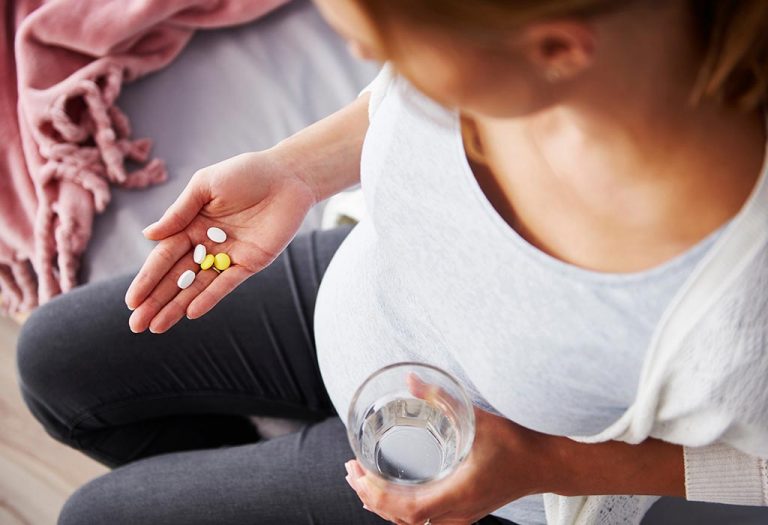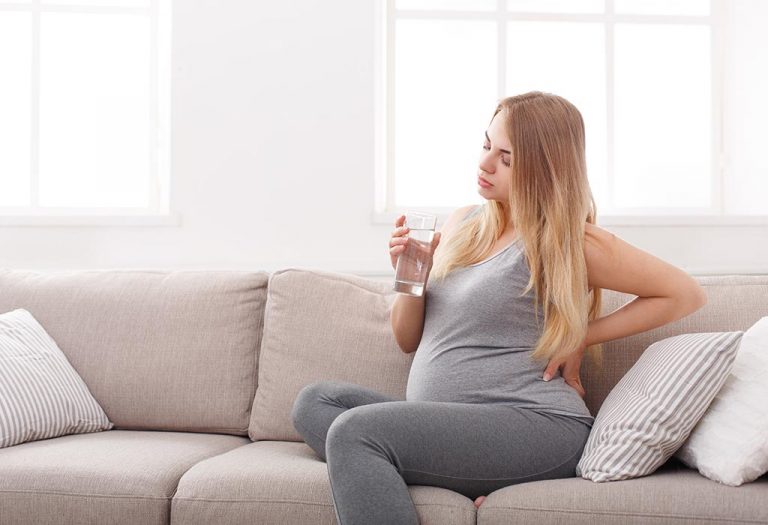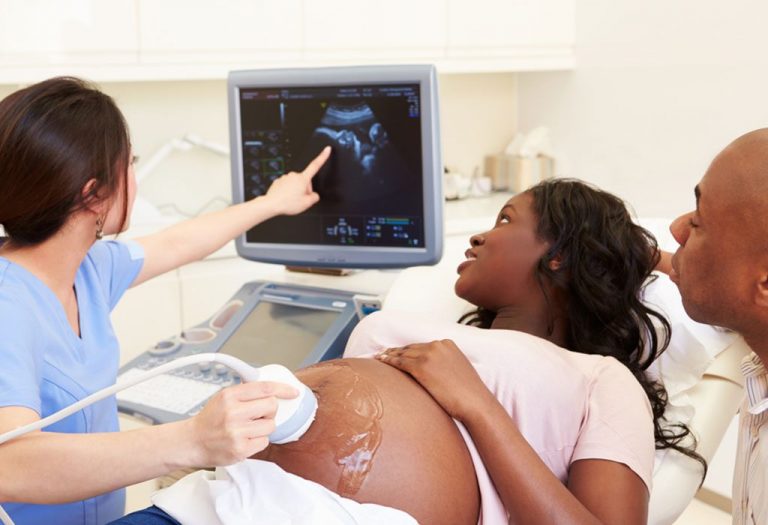Vaginal Pain during Pregnancy: Types, Causes and Treatments
Vaginal pain during pregnancy explained with common causes symptoms and safe relief tips to help expectant mothers feel comfortable

As a woman becomes pregnant, a host of remarkable changes take place within her body. The internal organs gradually shift to make crucial space for the growing foetus, and this profound physical transformation is accompanied by significant hormonal fluctuations. These hormones manifest as various discomforts and can alter circadian rhythms. Essentially, pregnancy does not come without a certain degree of expected pain and adjustment.
A pregnant woman commonly experiences aches in various parts of her body, including her lower back, abdomen, breasts, and stomach. Some women may also experience pain in the vagina during pregnancy, which can sometimes present as sharp vaginal pain during pregnancy. Understanding the underlying reasons is key to management. Let us take a closer look at the specific causes and cures for vaginal pain during pregnancy. Learning all about pregnancy and vaginal pain will help you stay prepared during this delicate phase.
When Does Pregnancy-related Vaginal Pain Begin?
Pregnancy-related vaginal pain can begin at various times. For many women, it first occurs in the second trimester as the uterus expands and places new pressure on ligaments and nerves. However, some may experience it earlier or later, and it can also arise suddenly in the third trimester due to the baby’s position and increased weight. In some cases, mild discomfort may be present throughout the pregnancy.
Types of Vaginal Pain During Pregnancy
The types of vaginal pain experienced by women can be broadly split into three types.
1. Stabbing Pain
This is a common occurrence in pregnant women, with prickling pain also coming under this category. This normally occurs from the 5th to 8th week of pregnancy, due to the stretching of the uterine muscles. Another reason for this pain is flatulence that occurs in the expecting mother’s intestines. If the pain starts around the 37th week, it is usually due to the upcoming event of childbirth.
2. Nagging Pain
Nagging pain is a widespread problem among women, not just pregnant women. This is usually caused due to inflammatory processes taking place in the fallopian tubes or the cervix. If the pain subsides quickly after treatment, there is no reason to worry; however, if it keeps increasing, you must definitely pay the doctor a visit.
3. Cutting Pain
Minor cutting pain during pregnancy is a common occurrence and is probably the result of the uterus growing in size to accommodate the foetus. However, this can also be a symptom of cystitis in the early stages of pregnancy. If the pain occurs in the later stages of pregnancy, you should immediately call an ambulance – it can be due to placental detachment. At the end of the day, you must always consult your doctor if you feel that the pain is growing or ominous.
Causes of Vaginal Pain When Pregnant
The causes of vaginal pain during pregnancy are many, and they can be trivial or serious depending on the timing and intensity. Some of the causes of vaginal pain while pregnant are given below.
1. Enlargement of the Uterus
This is a common cause of pain in vagina during pregnancy. The uterus grows in size in order to accommodate the foetus, and this creates pressure on the vagina and the surrounding muscles (1).
2. Hormonal Changes
Pregnancy is a time of many hormonal changes, and this can cause an uncharacteristic dryness in the vagina. This dryness can cause vaginal pain, especially during sexual intercourse (2).
3. Growth of the Foetus
As the size of the foetus in the uterus increases, the ligaments in the pelvic area also stretch to accommodate this growth. This can cause an overstretching of the ligaments and muscles surrounding the vagina, resulting in a sharp, shooting sensation of pain. The baby’s weight can press down on the pelvic floor, causing a dull pain in the vagina.
4. Infection
If the pain you experience is in the external genital area and the vagina, the cause may be an infection in the area. If you suspect that your vagina is infected, immediately consult a doctor and confirm the diagnosis. The most common type of infection is called candida, which easily affects pregnant women as their immunity is much lower (3). Recovering from candida infections is also a long process, as cortisone medications are rarely prescribed during pregnancy.
5. Dilation of the Cervix
The cervix dilating can result in a sharp and shooting pain in the vagina (4). The dilation takes place in the latter stages of pregnancy; a few weeks before labour occurs. This is not a cause for concern. However, if the pain is in the lower abdomen or if it increases, you should consult your doctor.
6. Pelvic Organ Prolapse (POP)
POP is a condition during pregnancy where organs in or near the pelvis move down, sometimes into the vagina or the rectum (5). If the pressure around the vagina is really strong, it could be a sign of POP. If you feel intense pressure, find it hard to control your bowel, or feel something pushing down on your vagina, consult your doctor immediately. POP is treatable, but it can cause complications and intense pain.
7. Varicose Veins in the Pelvic Area
Increased blood flow and pressure during pregnancy can cause the development of varicose veins in the pelvic region. These enlarged veins may result in discomfort and aching sensations, contributing to vaginal pain.
8. Braxton Hicks Contractions
Braxton Hicks contractions, often referred to as “practice contractions,” can cause tightening and discomfort in the lower abdomen and pelvic area. While usually not as intense as true labor contractions, they can still contribute to vaginal pain during pregnancy (6).
How to Treat Pregnancy Vaginal Pain?
Vaginal pain is sure to occur at some stage in every expecting mother, so it is helpful to know how to alleviate vaginal pain during pregnancy. Pain relief medications can provide temporary respite, so it is better to always consult the doctor.
- Lying on your left side can improve your blood circulation and relieve vaginal pressure.
- Similarly, sitting down with your feet elevated can greatly reduce vaginal pressure during pregnancy, and consequently, vaginal pain.
- In some women, cervical pain during pregnancy can be relieved by simply lying down and keeping the hips elevated.
- Warm baths act as a great measure against vaginal pain.
- Simple exercises like swimming and yoga can improve circulation in the body and also strengthen the muscles. They will do a lot in relieving vaginal pain.
- A pelvic massage, if done after medical advice and with the help of a trained professional, can help relieve vaginal pain and offer support to your pelvis.
- Doing kegel exercises regularly can help relieve vaginal pressure and pain.
- It always helps to remain active during pregnancy. Doing light exercises for at least 30 minutes every day will not only help regulate the different processes of your body, but will also help relieve vaginal pain by strengthening muscles.
- If your tummy is huge, it might be that the baby’s head is exerting pressure on to the vagina. Wearing a pregnancy support belt relieves that pressure.
When to Consult the Doctor
Discuss mild vaginal pain during your prenatal appointment with the healthcare provider. However, if the pain in vaginal area while pregnant becomes severe and is coupled with symptoms like fever, headache, dizziness, bleeding, painful and frequent urination, changes in baby movements, and swelling of the face, hands, and feet, it is crucial to seek immediate medical assistance. Timely intervention can assist in preventing potential complications.
FAQs
1. Can vaginal pain in pregnancy harm the fetus?
Vaginal discomfort during pregnancy is often related to normal changes. However, severe or persistent pain should be discussed with a healthcare provider to rule out any potential complications. In most cases, addressing the underlying cause can help prevent harm to the fetus.
2. How to prevent vaginal pain while pregnant?
To minimize vaginal pain in the third trimester and even in the first and third, maintain good posture, engage in regular, gentle exercises, use a pregnancy support belt, stay well-hydrated, and communicate any concerns with your healthcare provider. Following a healthy lifestyle and attending regular prenatal check-ups can contribute to overall well-being.
3. Can pregnancy-related vaginal pain have an effect on labor and the delivery?
Pregnancy-related vaginal pain is typically not directly linked to labor complications. However, certain conditions contributing to vaginal pain, if left untreated, may pose risks. Regular communication with a healthcare provider is essential to address concerns and ensure a smooth labor and delivery process.
4. Are There Any Long-Term Effects of Pregnancy Vaginal Pain?
In most cases, pregnancy-related vaginal pain resolves after childbirth. However, certain conditions may require ongoing management. Seeking prompt medical attention and following healthcare advice can help prevent potential long-term effects. Regular postpartum check-ups are important for monitoring and addressing any lingering concerns.
Sharp vaginal pain during pregnancy can be uncomfortable even though it is a common problem among women. A few lifestyle changes can help relieve vaginal pain, but always consult your doctor if you feel that the pain is worse than normal.
Also Read:
Vaginal Itching in Pregnancy
Vaginal Discharge When Pregnant
Vaginal Changes During Pregnancy
Vaginal Swelling in Pregnancy
Common Vaginal Infections While Pregnant
Was This Article Helpful?
Parenting is a huge responsibility, for you as a caregiver, but also for us as a parenting content platform. We understand that and take our responsibility of creating credible content seriously. FirstCry Parenting articles are written and published only after extensive research using factually sound references to deliver quality content that is accurate, validated by experts, and completely reliable. To understand how we go about creating content that is credible, read our editorial policy here.
1. Cleveland Clinic – Round Ligament Pain
2. Cleveland Clinic – Vaginal Dryness
3. National Library of Medicine – Vaginal Candidiasis Complications on Pregnant Women
4. National Library of Medicine – Physiology, Cervical Dilation
5. Mayo Clinic – Pelvic organ prolapse
6. National Library of Medicine – Braxton Hicks Contractions



































